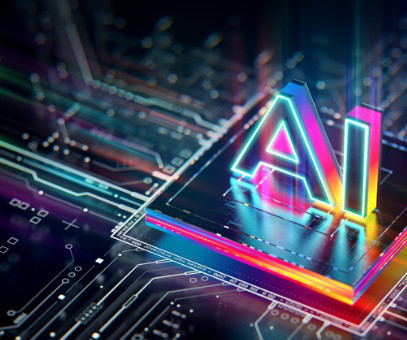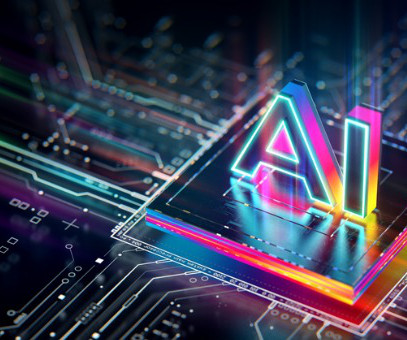Easy to find, not always true: Helping students evaluate AI-generated content
eSchool News
MAY 9, 2025
Key points: Students need more than digital access; they need guidance 5 AI tools for classroom creativity A new era for teachers as AI disrupts instruction For more news on navigating AI, visit eSNs Digital Learning hub Finding accurate information has long been a cornerstone skill of librarianship and classroom research instruction.















Let's personalize your content